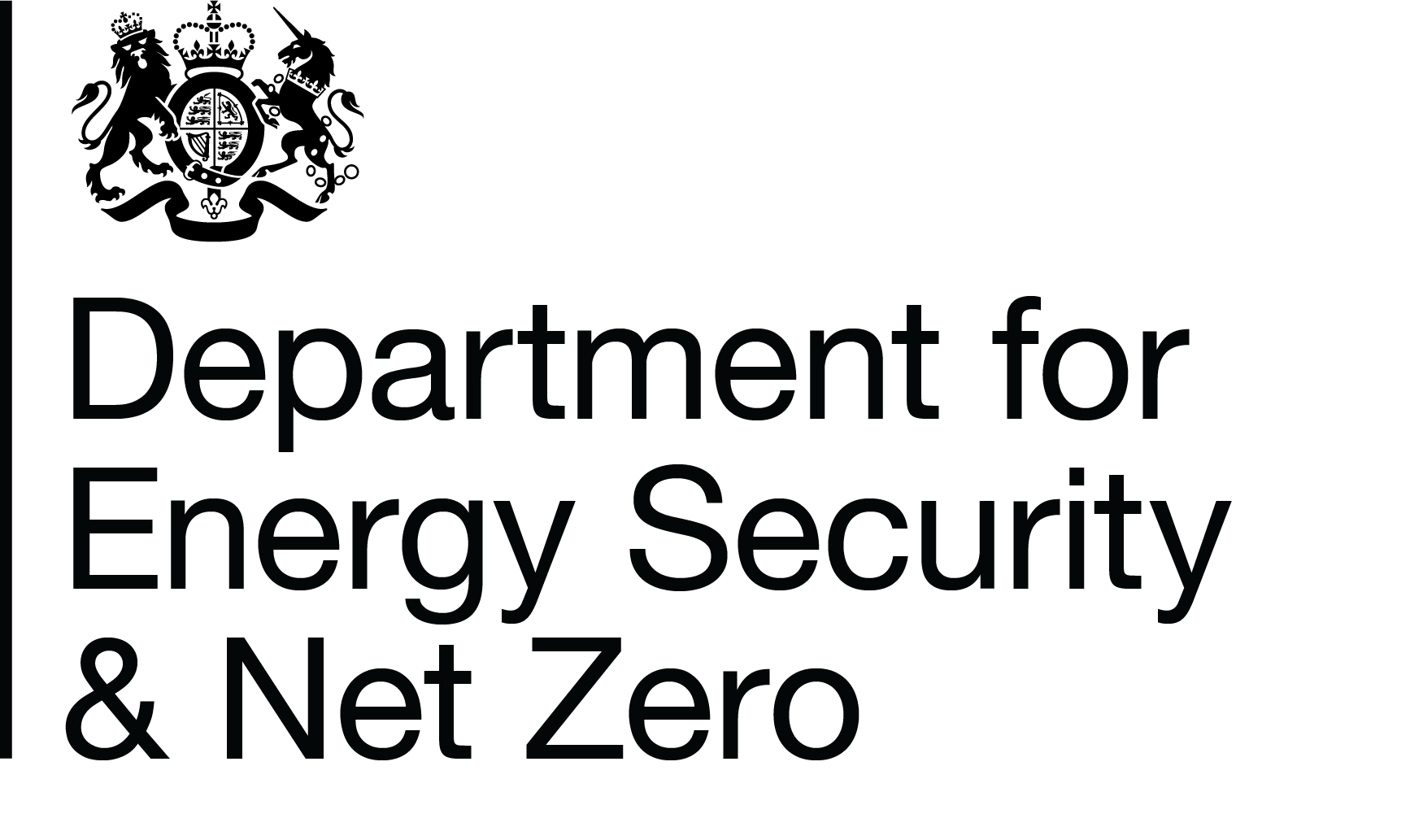Microgeneration Strategy Consultation
Feedback updated 20 Oct 2011
We asked
You said
We did
Results updated 20 Oct 2011
Overall comments from stakeholders was that they welcome the publication of the Microgeneration Strategy.
Overall comments from stakeholders was that they welcome the publication of the Microgeneration Strategy.
We received around 140 responses to the Microgeneration public consultation. Responses to the consultation were received from a wide variety of primarily organizations and a few individuals. See Appendix A for a full list of respondents
We received around 140 responses to the Microgeneration public consultation. Responses to the consultation were received from a wide variety of primarily organizations and a few individuals. See Appendix A for a full list of respondents
Files:
- Microgeneration strategy consultation summary of responses, 233.3 KB (PDF document)
Overview
This consultation was carried out by the Department of Energy and Climate Change. In July 2016, the department merged with the Department for Business and Innovation and Skills to form the Department for Business, Energy and Industrial Strategy.
This strategy explores a range of non-financial barriers that have the potential to prevent the microgeneration sector from realising its full potential. The document summarises the issues, presents the evidence, makes specific proposals and seeks responses to a range of policy questions. The document is the result of a collaborative consultation process.
The Government first invited a cross-section of those with knowledge and expertise in the field to contribute to the development of this draft strategy. Four working groups were set up to look at key policy areas. The process was facilitated by the Energy Efficiency Partnership for Homes and each working group comprised representatives from trade associations, consumer bodies and other representative groups (rather than individual companies).The four groups covered are as follows:
-
Quality: to ensure consumers have confidence that equipment and installation is reliable and adheres to the highest standards.
-
Technology: to examine how to improve performance.
-
Skills: to develop the microgeneration supply chain to ensure it is properly equipped with the right people to meet the expected rise in demand, as well as creating and sustaining jobs in the UK.
- Microgeneration information and advice: to provide more accessible advice and information about microgeneration to consumers.
The consultation is structured around these four issues. The final chapter looks at broader issues, with a focus on community – level solutions and de-centralised energy more generally.
The deadline for responses to the consultation was 16 March 2011.
The Government is considering responses to the Microgeneration Strategy consultation and will publish a summary of responses shortly. We aim to publish the Microgeneration Strategy in Summer 2011.
Audiences
- Wind
- Nuclear
- Coal
- Wave and tidal
- Construction
- Investment
- Manufacturing
- Retail
- Universities
- General public
- Older people
- Younger people
- Disability groups
- The Devolved Administrations
- Charities and Third Sector organisations
- Non-Government Organisations
Interests
- Distributed energy and heat

Share
Share on Twitter Share on Facebook